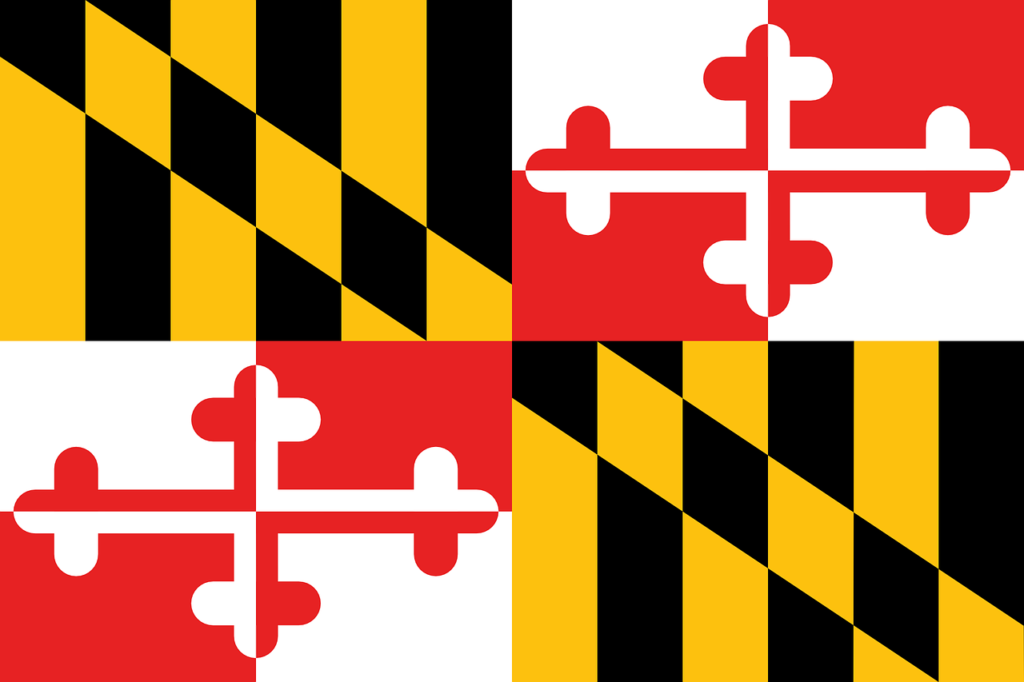In a sweeping act of clemency, Maryland Governor Wes Moore is set to pardon more than 175,000 individuals convicted of low-level marijuana offenses. This unprecedented move, to be formalized on Monday morning, marks one of the most significant mass pardons in U.S. history related to marijuana, a substance now widely accepted for recreational use.
The pardons will clear the records of approximately 100,000 individuals who faced charges for minor marijuana possession. Governor Moore, a Democrat, described this initiative as a crucial step toward rectifying longstanding social and economic injustices that have disproportionately affected Black and Brown communities. He emphasized that criminal records for minor marijuana offenses have long been obstacles to securing housing, employment, and educational opportunities, thereby perpetuating cycles of disadvantage.
“I’m thrilled to take this meaningful step to correct many historical wrongs,” Moore stated in an interview. “To foster inclusive economic growth, we must remove these barriers that have disproportionately impacted communities of color.”
Governor Moore’s decision to issue these pardons is among the most extensive actions taken by any state leader in addressing the inequities perpetuated by the criminalization of marijuana. While nine other states and several cities have pardoned thousands of past marijuana convictions in recent years, Maryland’s action stands out for its breadth and focus on racial justice. The National Organization for the Reform of Marijuana Laws notes that legalized cannabis industries generate billions in state revenue annually, and public opinion has increasingly favored both cannabis use and the rectification of racial disparities worsened by the War on Drugs.
The timing of the pardons is significant, coinciding with the observance of Juneteenth, a day that symbolizes the end of slavery in the United States. Governor Moore, the only Black governor currently serving in the U.S., has risen in the Democratic Party on a platform dedicated to ensuring that no one is left behind.
One of the beneficiaries of this mass pardon, Derek Liggins, expressed his relief and hope. Liggins, 57, served time for marijuana possession and dealing in the late 1990s. Despite his efforts to rebuild his life since his release in 2008, his criminal record has continued to hinder his job prospects and potential earnings. “It’s unjust to penalize people for marijuana possession when dispensaries are now commonplace,” Liggins remarked.
Statistics from the American Civil Liberties Union (ACLU) reveal that Black individuals have been more than three times as likely as White individuals to be arrested for marijuana possession. In 2022, President Biden issued a federal pardon for approximately 6,500 people convicted of marijuana offenses and urged state governors to take similar actions.
Maryland’s clemency initiative rivals Massachusetts’ blanket pardon issued in March, which is expected to affect hundreds of thousands. However, Maryland’s approach is unique in its substantial impact on communities of color in a state with a notably high rate of Black incarceration. State data indicates that over 70% of Maryland’s male prison population is Black, a stark contrast to their proportion in the general population.
Maryland is notably diverse, with 33% of its residents identifying as Black, the highest proportion among states that have enacted broad marijuana pardons. The state is the only one in the D.C. region to fully legalize cannabis sales, although neighboring jurisdictions like the District of Columbia and Virginia have decriminalized possession and have informal markets for the drug. However, neither Virginia nor D.C. has issued extensive marijuana pardons, according to the National Organization for the Reform of Marijuana Laws.
Maryland Attorney General Anthony G. Brown praised the pardons as “long overdue” and emphasized their role in advancing racial equity. “While the pardons will apply universally to all misdemeanor marijuana possession convictions, they disproportionately benefit Black and Brown Marylanders, who have been arrested and convicted at higher rates despite similar usage rates to other groups,” Brown said.
Governor Moore, along with Attorney General Brown and Maryland Public Defender Natasha Dartigue, who are all the first Black individuals to hold their respective offices in the state, have prioritized addressing mass incarceration disparities. They have initiated a collaborative effort to examine the entire criminal justice process, from police stops to reentry, to identify and reform areas where bias may influence justice outcomes.
The pardons will be applied automatically to all misdemeanor marijuana possession charges that can be located in Maryland’s electronic court records, as well as to related paraphernalia charges. Records in some jurisdictions date back to the 1980s, while others are more recent. Those with older convictions not covered by electronic records can apply for a pardon.
Preliminary data shows that nearly a quarter of the pardoned convictions are in Baltimore, a city with a history of excessive policing in Black neighborhoods. In the D.C. suburbs, Prince George’s County accounts for about 12% of the pardoned convictions, and Montgomery County 6%. A 2013 ACLU report highlighted Maryland and D.C. among the states with the highest marijuana arrest rates in the early 2000s. Even as recently as 2020, Maryland reported over 10,000 cannabis-related arrests annually, despite decriminalization efforts and the legalization of medical marijuana use.
As Maryland moved to legalize recreational marijuana in 2022, state analysts found that White residents used cannabis at higher rates than Black residents, yet Black individuals were more than twice as likely to face possession charges. By law, 35% of the tax revenue from legal marijuana sales in Maryland is earmarked for reinvestment in communities disproportionately affected by cannabis enforcement.
Delegate Jheanelle K. Wilkins, chair of the Maryland Legislative Black Caucus, emphasized that the overarching goal of these reforms is to address the injustices from the War on Drugs. “In Maryland, we are at a pivotal moment where equity is at the forefront, and we are elevating Black leadership to key positions of power,” she said.
Individuals benefiting from the mass pardon will see their charges updated in state court records within two weeks and removed from criminal background checks within ten months. However, the convictions will remain in public court records unless expungement is pursued.
Some states, like California, have opted to seal, dismiss, or expunge marijuana convictions rather than issue pardons, which forgive but do not erase the crime. Since 2018, California has handled over 200,000 convictions in this manner.
The push to mitigate the impact of marijuana convictions comes amid changing federal attitudes toward the drug. President Biden’s administration has moved to reclassify cannabis from a Schedule I controlled substance, which includes drugs like heroin, to Schedule III, aligning it with substances like Tylenol with codeine and ketamine. This reclassification could facilitate more research and broader access to medical marijuana.
Recent surveys indicate that daily marijuana use now surpasses alcohol consumption, with 17.7 million Americans reporting daily or near-daily use.
For Liggins and others affected by the pardons, the future holds promise, although uncertainties remain. Despite his successful career with an HVAC construction company, his marijuana record has barred him from high-paying federal contracts. He is hopeful but unsure if his related charge for providing a false statement will continue to limit his opportunities.
“A person deserves the chance to repay their debt to society and start anew,” Liggins concluded.
—
This rephrased version maintains the original article’s core message and details while avoiding direct replication of its wording.
“Maryland Governor to Pardon 175,000 Marijuana Convictions in Sweeping Order.” Www.Washingtonpost.Com, 17 Jun. 2024, www.washingtonpost.com/dc-md-va/2024/06/16/maryland-mass-pardon-marijuana-conviction/. Accessed 17 Jun. 2024.

